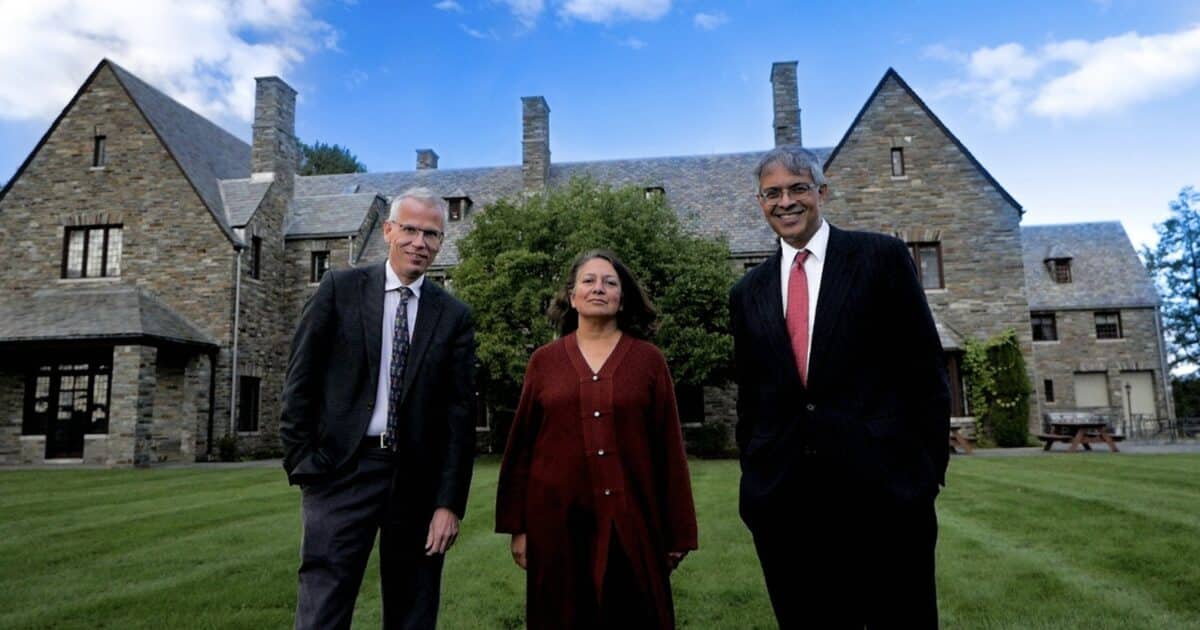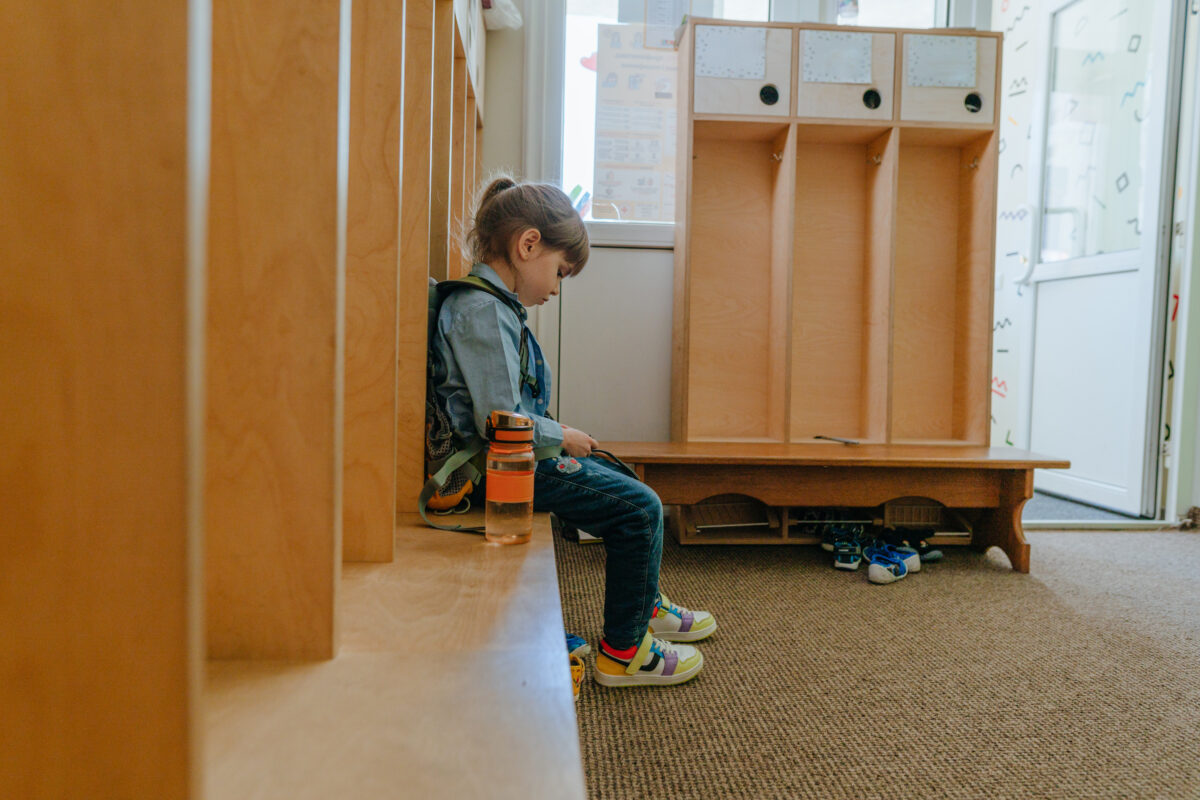
Wesley J. Smith is Chair and Senior Fellow at the Discovery Institute’s Center on Human Exceptionalism.
Wesley is a contributor to The Corner at National Review and is the author of more than 14 books, in recent years focusing exclusively on human dignity, liberty, and equality. Wesley’s most recent book is his updated and revised Culture of Death: The Age of “Do Harm” Medicine, a warning about the dangers to patients of the modern bioethics movement which was named one of the Ten Outstanding Books of the Year and Best Health Book of the Year by Independent Publishers Association. He collaborated with Ralph Nader, co-authoring four books with the consumer advocate, notably No Contest: Corporate Lawyers and the Perversion of Justice in America.
Wesley has been recognized as one of America’s premier public intellectuals on bioethics by National Journal and was honored by the Human Life Foundation as a “Great Defender of Life” for his work against suicide and euthanasia.
An attorney by training, Wesley left the full time practice of law in 1985 to pursue a career in writing and public advocacy and has since published thousands of articles, columns, and opinion pieces on issues pertaining to the moral importance of human life. Wesley addresses the entire spectrum of bioethical issues, particularly relating to conscience, patient protection, eugenics, suicide, transhumanism, medical ethics, and law and policy. Wesley’s writing has appeared nationally and internationally, including in Newsweek, New York Times, The Wall Street Journal, USA Today, Forbes, the Weekly Standard, National Review, The Age(Australia), The Telegraph (United Kingdom), Western Journal of Medicine, and the American Journal of Bioethics.
Wesley has appeared on more than a thousand television and radio talk/interview programs, including such national shows as ABC Nightline, Good Morning America, Larry King Live, CNN Anderson Cooper 360, CNN World Report, CBS Evening News, EWTN, C-SPAN, Fox News Network, as well as nationally syndicated radio programs, including Coast to Coast, Dennis Miller, Dennis Prager, Michael Medved, Afternoons with Al Kresta, and EWTN. He has appeared internationally on Voice of America, CNN International, and programs originating in Great Britain (BBC), Australia (ABC), Canada (CBC), Ireland, Poland, New Zealand, Germany, China, and Mexico.
Wesley’s books include Forced Exit: Euthanasia, Assisted Suicide and the New Duty to Die, a broad-based criticism of the assisted suicide and euthanasia movement, which has become a classic in anti-euthanasia advocacy. Wesley’s Consumer’s Guide to a Brave New World explores the morality, science, and business aspects of human cloning, stem cell research, and genetic engineering. A Rat is a Pig is a Dog is a Boy: The Human Cost of the Animal Rights Movement serves as Wesley’s searing critique of the ideology and tactics of the animal liberation movement and a rousing defense of the unique importance of the human person, captured by the phrase “human exceptionalism”. Wesley’s The War on Humans, serves as a companion, exposing the anti-human and misanthropic nature of radical environmentalism and a call to return to a human-friendly understanding of ecology. Additionally, Wesley’s Power Over Pain: How to Get the Pain Control You Need, co-authored with Eric M. Chevlen, MD, provides practical responses for those who are the target of Compassion and Choices and other pro-suicide and pro-euthanasia activists.
Wesley is often called upon by executive branch officials, lawmakers, and policy advocates to advise on issues within his fields of expertise. Wesley has testified as an expert witness in front of federal and state legislative committees, and has counseled government and business leaders internationally about matters pertaining to bioethics and other issues about which he advocates.
An international lecturer and public speaker, Wesley appears frequently at political, university, medical, legal, disability rights, bioethics, religious, industry, and community gatherings across the United States as well as at the United Nations and in Europe, Mexico, Canada, South Africa, Australia, and other nations.
Archives

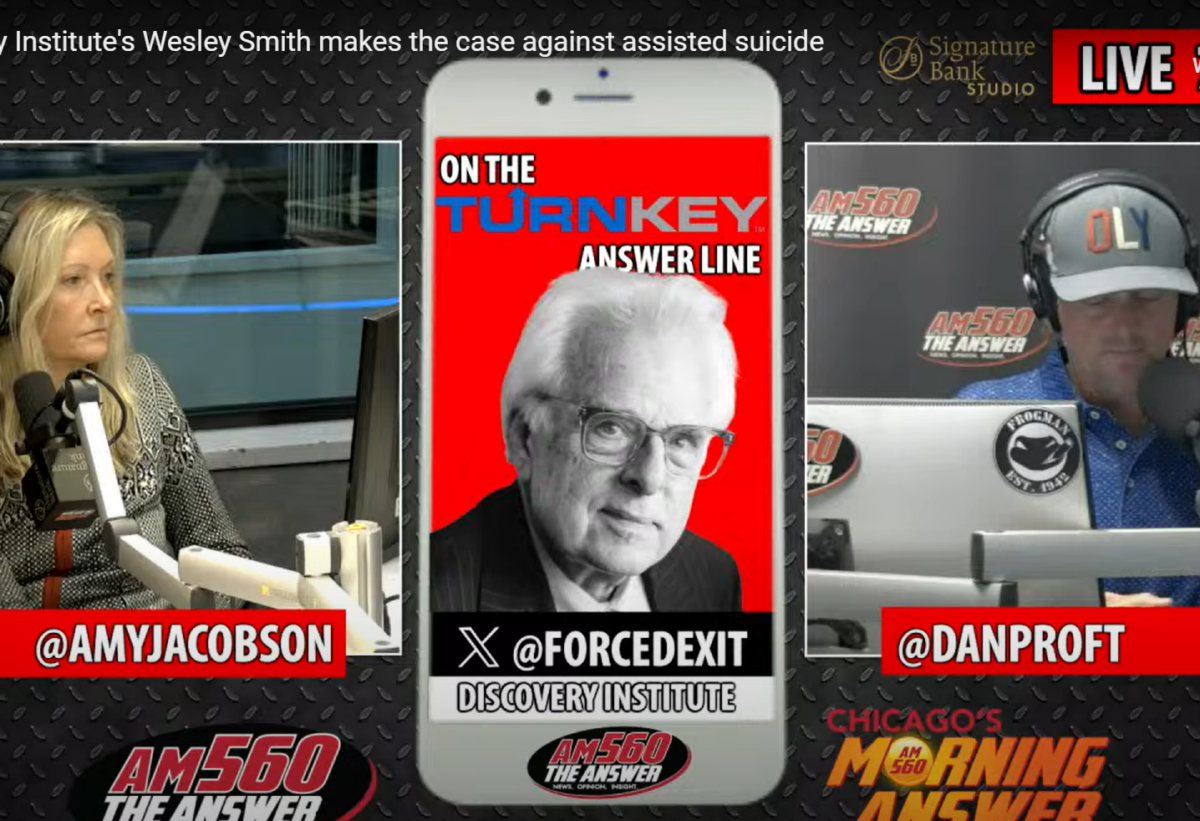
Wesley J. Smith Makes the Case Against Assisted Suicide on Chicago’s Morning Answer

Utah Outlaws Nature Rights

Utah Versus Nature Rights
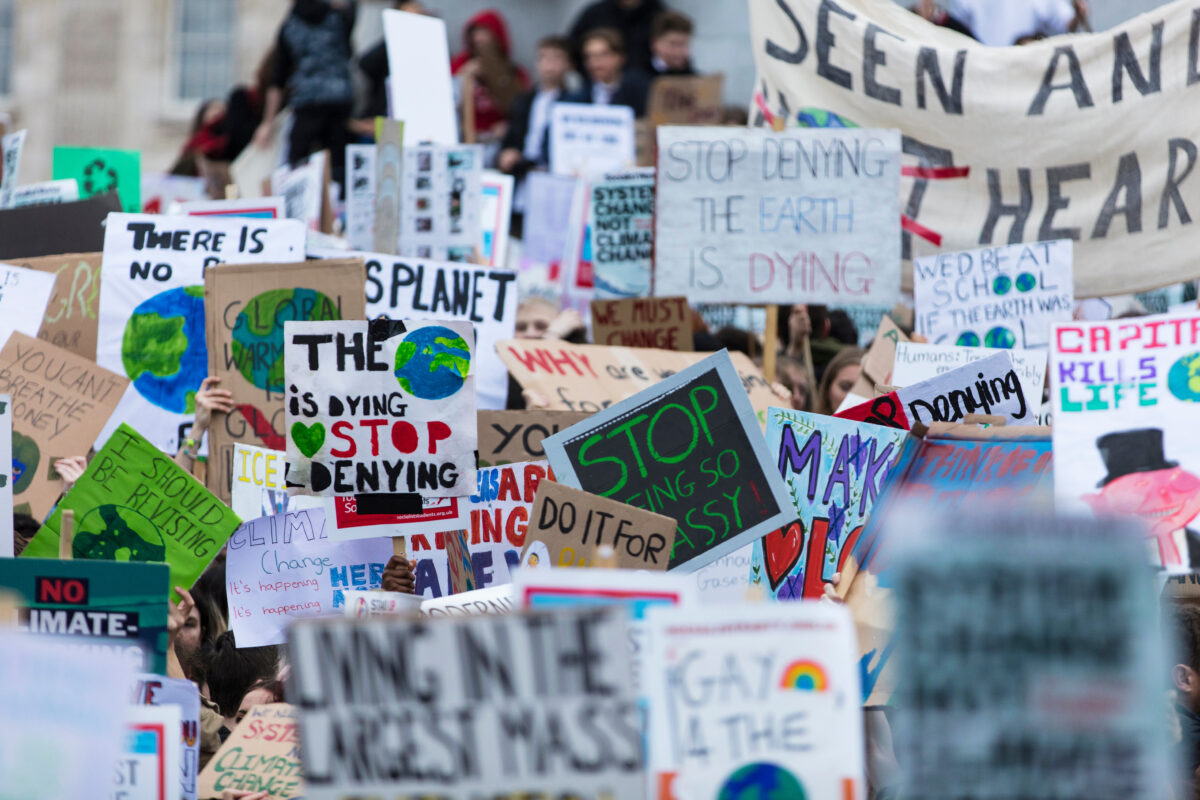
The “Health Community” Versus Fossil Fuels

Belgian Health-Fund President: Euthanize Old People to Save Money

A Market in Human Kidneys Is a Bad Idea

What Comes after Transgender? Doctor Amputates Man’s Healthy Fingers

Study: Most Gender-Confused Children become Gender-Conforming Adults
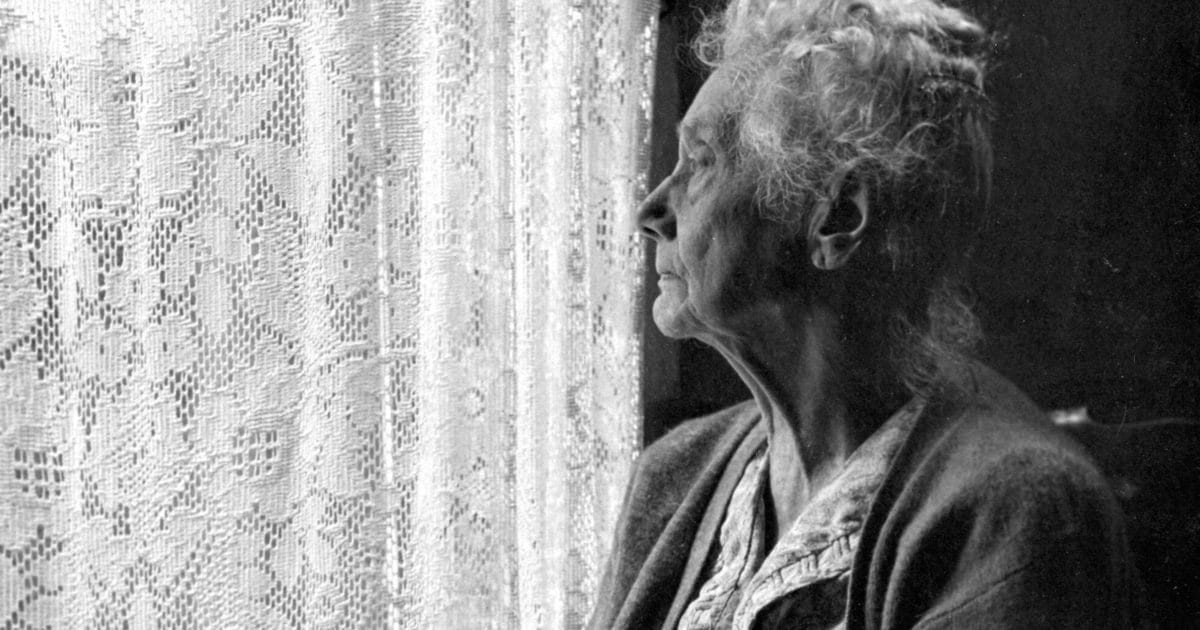
Normalizing Assisted Suicide Will Lead to a Duty to Die
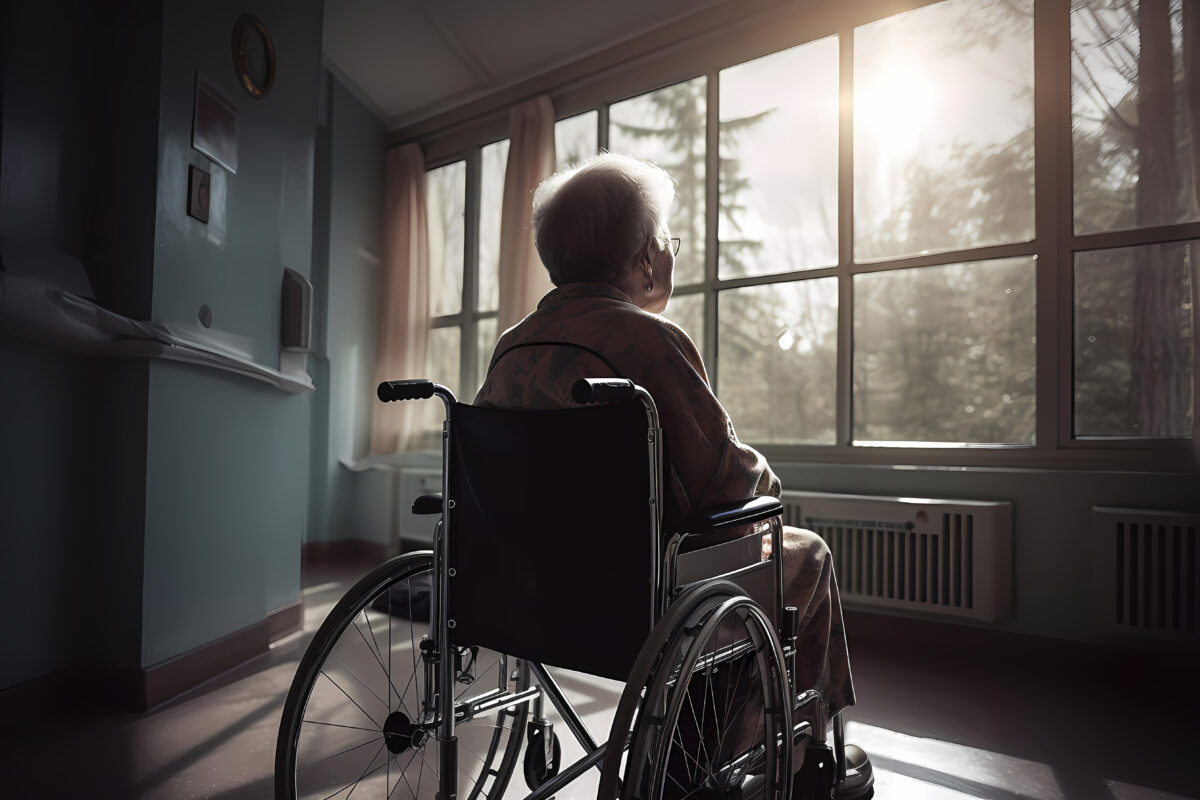
Normalizing Assisted Suicide Will Lead to a Duty to Die

Beware the “Right to Health”

Beware of the “Right to Health”

“Gender Science” Was Merely Ideology All Along

Euthanasia Poisons People and Societies
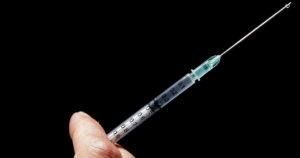
Promoting a Suicide: Shame on Politico

Politico Promotes a Suicide

Adult Stem-Cell Cure for HIV?
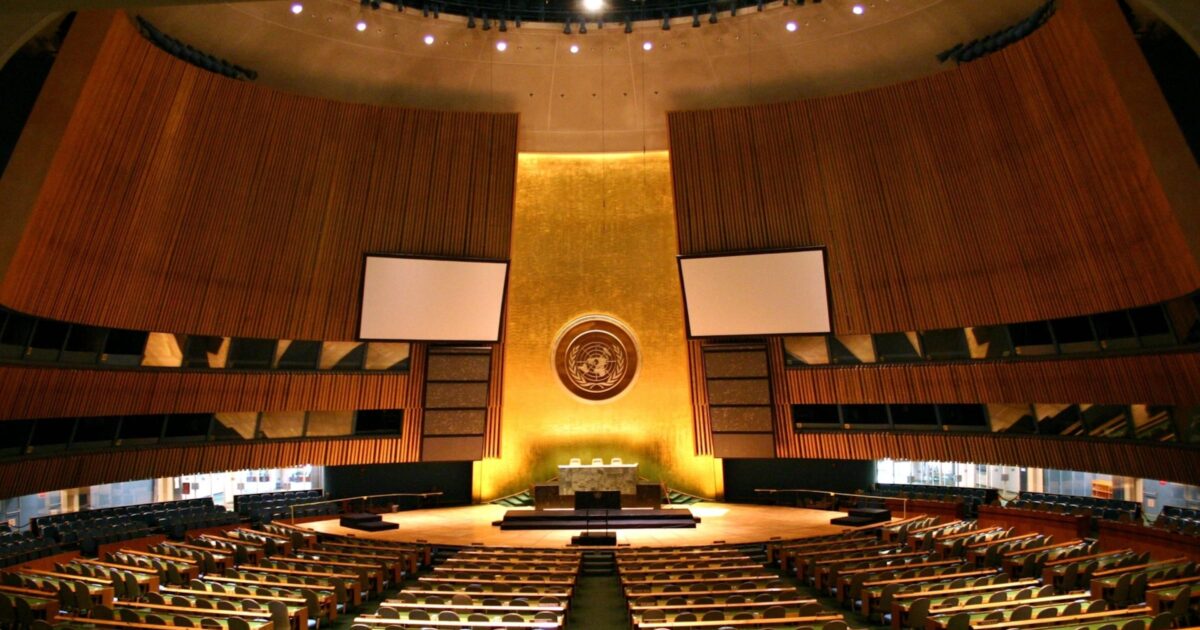
Granting Rights to Nature Is Being Negotiated at the United Nations
